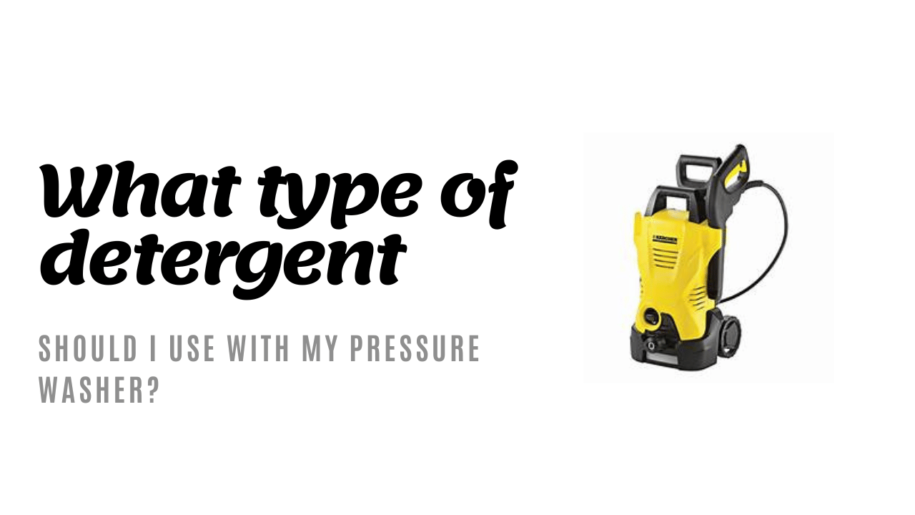
When you own a pressure washer, knowing the right type of detergent to use can make a significant difference in the cleaning results you achieve. Using the correct detergent not only enhances the machine’s cleaning power but also ensures it runs efficiently and lasts longer.
This guide will help you understand the different types of detergents available and how to choose the best one for your pressure washing needs.
Understanding Pressure Washer Detergents
Pressure washer detergents are specially formulated to be used in conjunction with the high-pressure capabilities of the machine. These detergents are designed to break down dirt, grease, and grime more effectively than water alone, and they do this without damaging the surface being cleaned or the pressure washer itself.
1. Types of Detergents
There are primarily three types of detergents suitable for use with pressure washers:
a. Vehicle Wash Detergents
These are perfect for cars, bikes, and boats. They are designed to remove road grime, bugs, and mud without stripping off wax or damaging paintwork.
b. Heavy-Duty Degreasers
Ideal for industrial or farm equipment, driveways, and oily surfaces, these detergents are stronger and focus on lifting heavy oil and grease deposits.
c. All-Purpose Cleaners
These versatile detergents are safe for a variety of surfaces, including decks, patios, siding, and outdoor furniture. They effectively remove dirt and mild stains without the risk of harming plants or corroding materials.
2. Chemical Composition
It’s crucial to consider the chemical composition of the detergent. Look for eco-friendly and biodegradable options that effectively clean without leaving harmful residues. Avoid chemicals that can degrade your pressure washer’s components, such as bleach (sodium hypochlorite), which can corrode metal parts.
3. Concentration and Mixing
Check whether the detergent is a concentrate that needs to be diluted or a ready-to-use formula. Concentrates are more economical for regular users, as they can be mixed according to the level of dirt and type of surface, offering flexibility in their use.
Choosing the Right Detergent
Assess the Cleaning Task
Determine the type of dirt and surface you plan to clean. For example, use vehicle wash detergents for your car and heavy-duty degreasers for oil-stained garages.
Consider the Environmental Impact
Opt for detergents labeled as environmentally friendly, which are safer for plants, animals, and waterways. These detergents typically use natural substances that are less toxic than their chemical counterparts.
Compatibility with Your Machine
Check your pressure washer’s manual for recommended detergent types. Using the wrong type can lead to poor cleaning results or even damage to the washer.
Tips for Effective Use
- Pre-rinse the surface with plain water to remove loose dirt.
- Apply detergent from the bottom up to prevent streaking.
- Allow it to sit for a few minutes to break down the dirt.
- Use a brush for tough stains.
- Rinse thoroughly with clean water from the top down.
Using the right detergent in your pressure washer not only enhances cleaning efficiency but also extends the life of your machine. By choosing the appropriate type based on the cleaning requirements and environmental safety, you can maintain various surfaces in pristine condition without undue harm to the ecosystem.
Always follow the manufacturer’s guidelines and consider the local regulations regarding runoff and detergent use to keep your surroundings safe and clean.
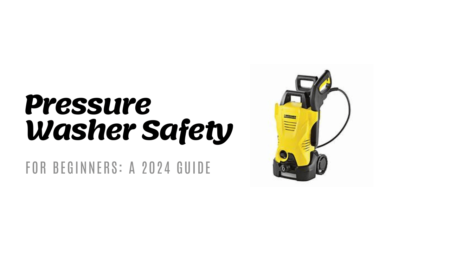
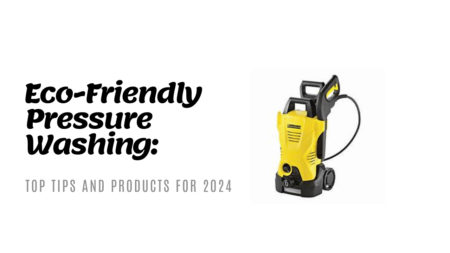
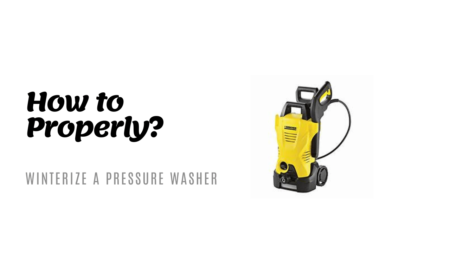
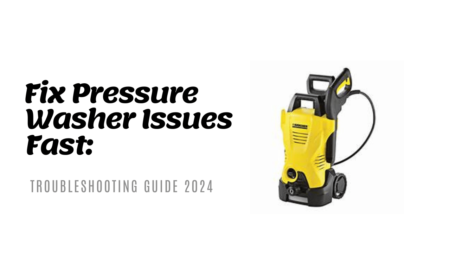
![Pressure Washing Regulations: What You Need to Know [Updated 2024]](https://pressurwasher.com/wp-content/uploads/2024/05/Minimalist-Tutorial-Event-YouTube-Thumbnail-2024-05-31T224409.854-450x253.png)
![Ultimate Guide to Pressure Washer Maintenance [2024 Edition]](https://pressurwasher.com/wp-content/uploads/2024/05/Minimalist-Tutorial-Event-YouTube-Thumbnail-2024-05-30T230638.695-450x253.png)